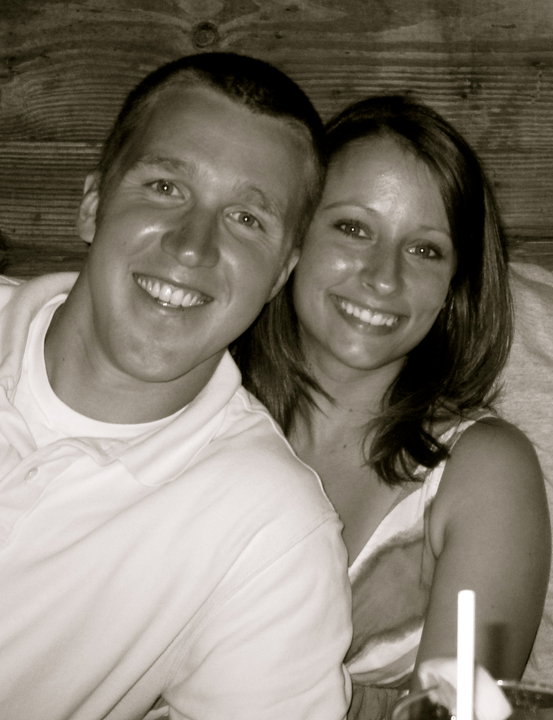Children's Drawings and Poems from Terezin Concentration Camp 1942-1944
Edited by: Volavková, Hana
Publisher and Date: Schocken Books, Inc., 1993
Genre: Poetry, Multicultural
Age Range: 4th-6th grades
First of all, before I begin blogging on my 'favorite' poem from this collection, let me just say that it is so difficult to pick just one. All of the poems (and drawings, diary entries) included in this book are from children who lived in a concentration camp who were given art and writing lessons as a sort of therapy to get them through the hard times. What these children wrote really touched my heart, and I highly recommend that you go to the library and at least check it out.
The Garden
A little garden,
Fragrant and full of roses.
The path is narrow
And a little boy walks along it.
A little boy, a sweet boy,
Like that growing blossom.
When the blossom comes to bloom,
The little boy will be no more.
-Franta Bass
Franta (Frantisek) Bass was born in Brno on September 4, 1930. He was deported to Terezin concentration camp on December 2, 1941, and died in Auschwitz on October 28, 1944. He was fourteen years old.
Response:
After reading through the Elements of Poetry as talked about in our Temple text, the only one I could find to fit with this poem was the element of images. In the foreward to this collection of poems, it talks about how almost overnight gardens were planted, street signs put up, curtains put in newly painted rooms, a school house was created from a hospital, etc. in order to impress the inspectors that came from the Red Cross. This poem gives the imagery of a simple rose garden. I am no expert on roses and how long they take to bloom, but I am guessing it isn't a long period of time. That is what is so sad about this poem... it is heartbreaking to know that they exterminated young children.
I think that every poem in this collection could be classified as a narrative poem. Each child's poem tells a story, whether it be about their life and experiences in Terezin, or something sillier and more carefree that would help them forget their life and experiences in Terezin... or at least block them out for a little while. I didn't find any of these poems to have any pattern to them such as rhyme or a specific form such as a Haiku. I would think of them all as free verse because it "makes its impressions with an intensity of insight or feeling". (Temple p.270)
One of my favorite things about this collection of poetry are the catalogs of drawings and poetry at the back. If a drawing or poem had been signed by the child it provided extra information about them such as their birth date and date of death if they had passed away. One child, Helga Weissová, has drawings as well as a couple diary entries included in this collection. Her diary entries told some about what had happened the particular day she had written it, which reflected some of what was mentioned in the foreward. Her artwork was also really well done. There is a site link posted below with more information about her. Helga and her mother survived the war and returned to Prague where she remains as an artist.

1 comment:
This book evokes such an emotional response each time a poem is read. It is hard to believe so many of these innocent children were executed...I was in Prague last summer, so whenever I read these poems I think of personal connections. Thank you for linking to the interview with Helga W.
Also, Dani, you are right, most of those poems are free verse poems...The imagery is very effective. I hope others have an opportunity to read these poems. I am assuming this is the impetus for your final? :)
Post a Comment